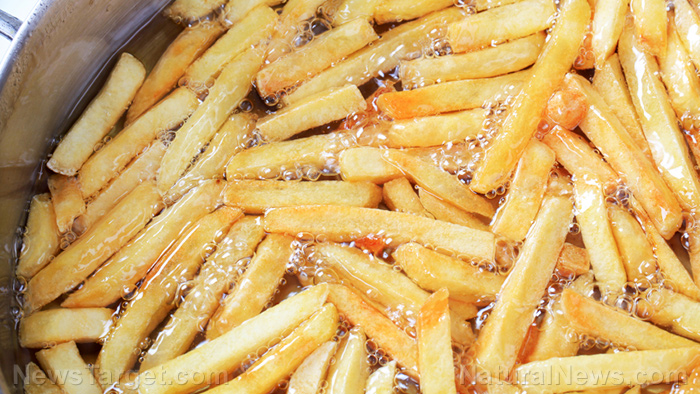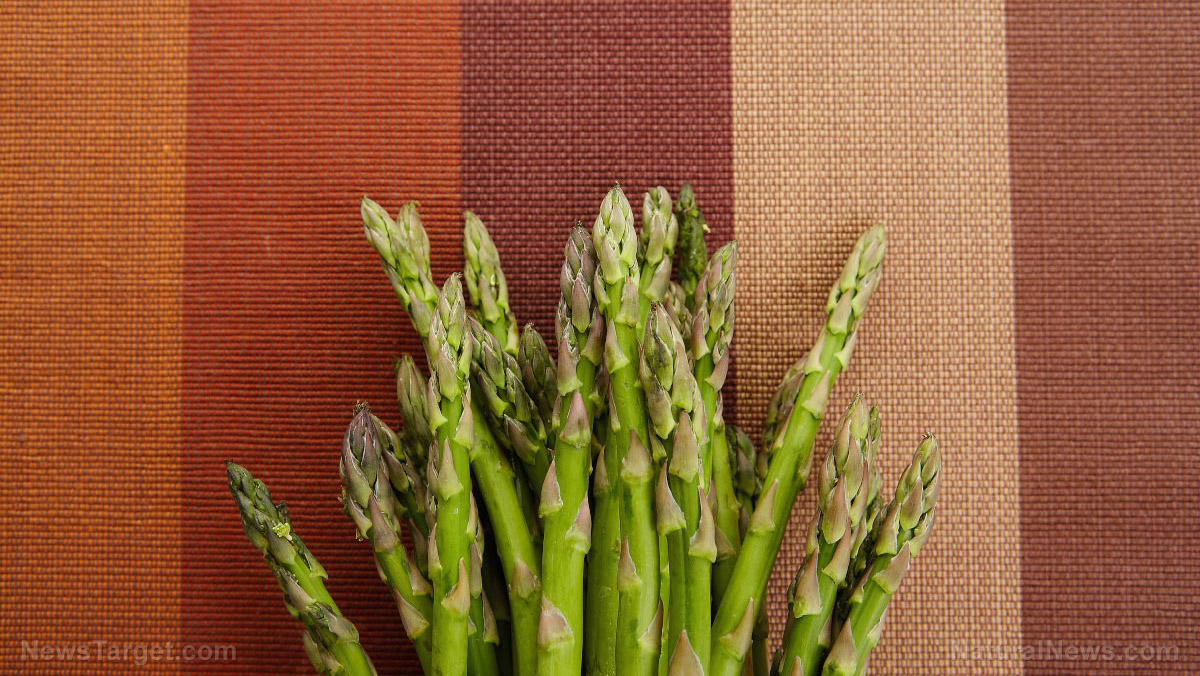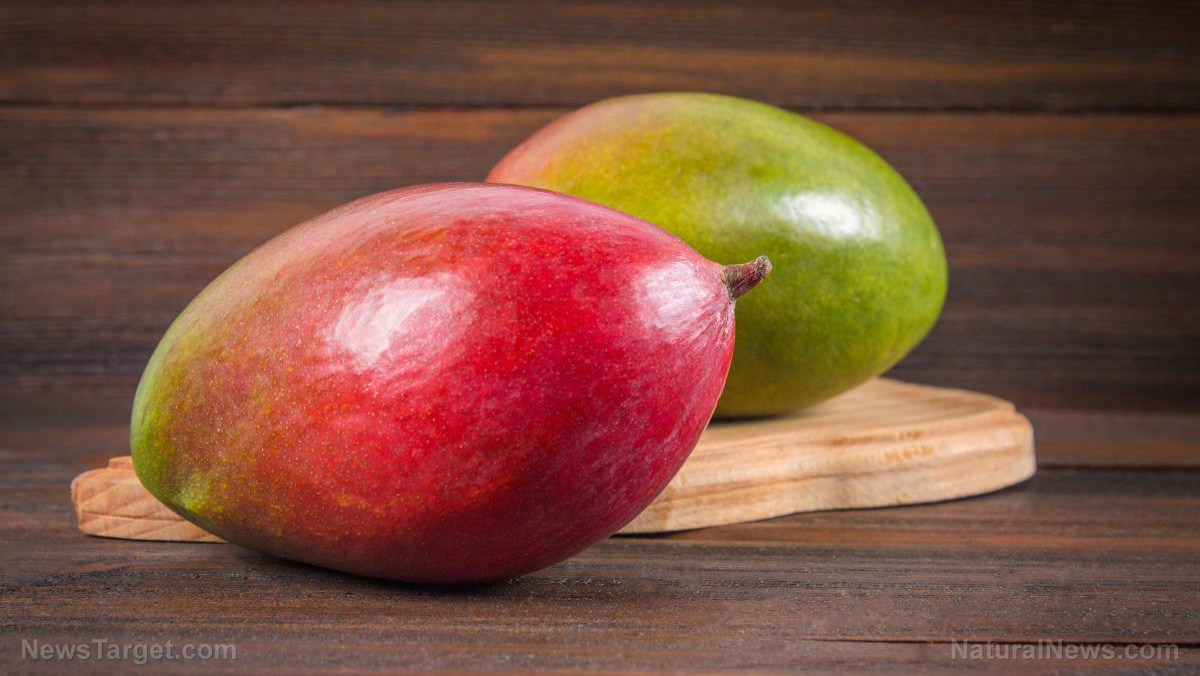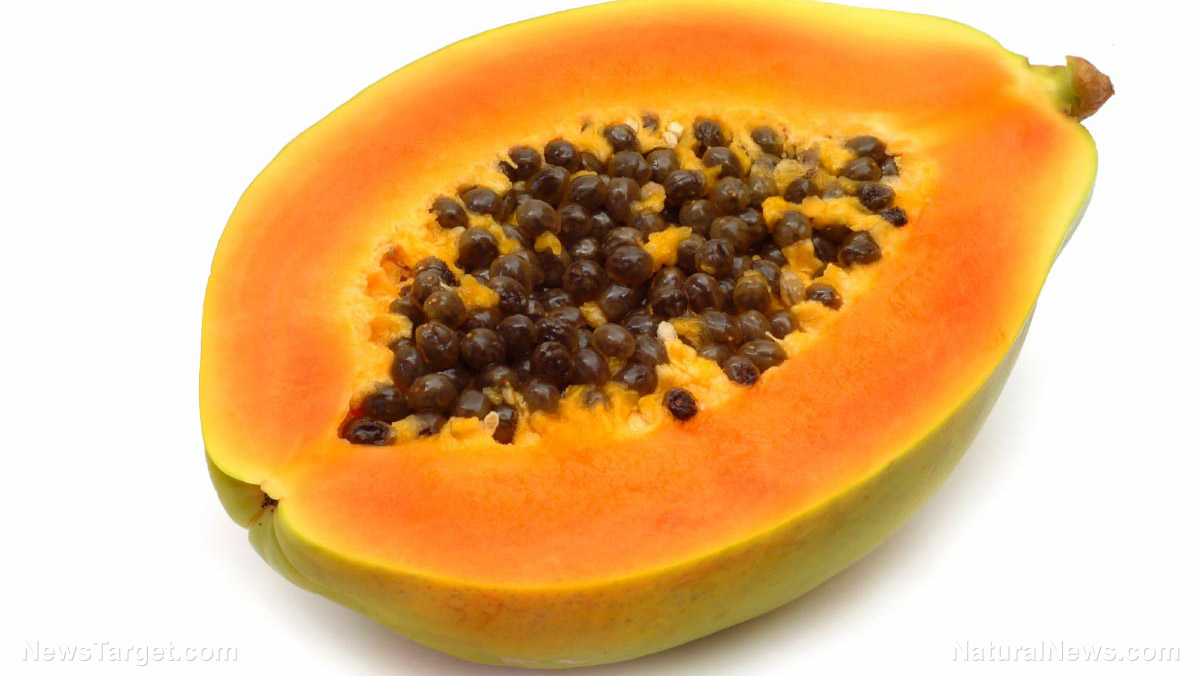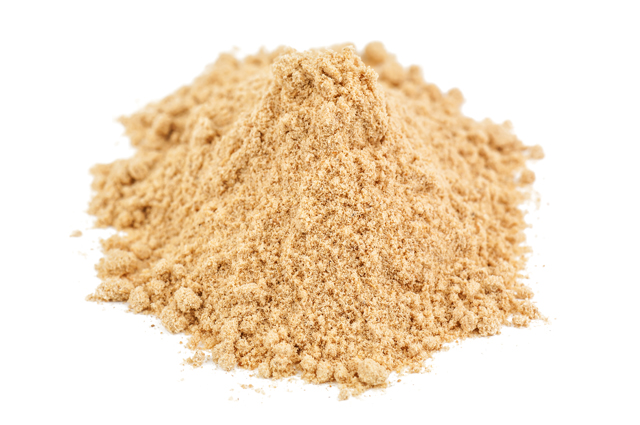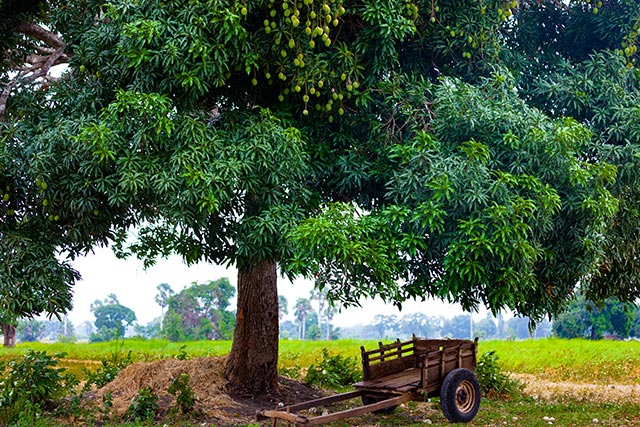The effects of heat on the beneficial qualities of turnip greens
08/02/2018 / By Frances Bloomfield
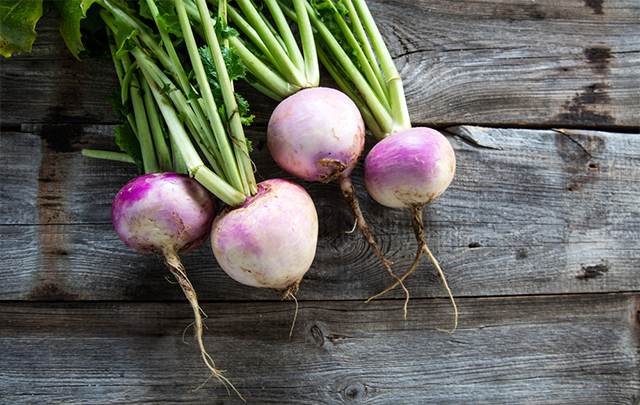
A team of researchers from the University of Santiago de Compostela conducted an experiment to determine which cooking method had the least detrimental effects on Brassica vegetables. Exposing these types of vegetables to heat is known to negatively impact their phytochemical content.
- Four sample of turnip greens were washed, chopped, and sliced prior to being homogenized with sand and water then centrifuged.
- The researchers put 20g samples of turnip greens through three cooking methods: steaming with a covered pot for 10 minutes, boiling with a covered pot for 15 minutes, and high-pressure cooking for seven minutes.
- Analyses of the samples were carried out using the high-performance liquid chromatography with diode-array detection (HPLC-DAD) method.
- The researchers identified eight compounds known as isothiocyanates: allyl-isothiocyanate, benzyl- isothiocyanate, erucin, goitrin, napin, phenethyl-isothiocyanate, and sulforaphane.
- Of these isothiocyanates, the most abundant was napin, which comprised about 39 to 42 percent of the total isothiocyanate content. In comparison, only small quantities of erucin, iberin, and sulforaphane were present.
- When compared to fresh turnip green samples, the total compound contents all underwent significant reductions in all cooking methods.
- However, the cooking method that caused the least amount of reductions was steaming, followed by pressure cooking. Boiling yielded the most notable isothiocyanate content loss at 60 percent.
Thus, the researchers concluded that steam cooking was the most viable method for preserving the isothiocyanate content of Brassica vegetables.
Read the full text at this link.
Journal reference:
Vietes-Outes C, López-Hernández J, and Lage-Yusty MA. MODIFICATION OF GLUCOSINOLATES IN TURNIP GREENS (BRASSICA RAPA SUBSP. RAPA L.) SUBJECTED TO CULINARY HEAT PROCESSES. CyTA – Journal of Food. 2016; 14:4, 536-540. DOI: 10.1080/19476337.2016.1154609.
Tagged Under: boiling, brassica vegetables, cooking methods, cruciferous vegetables, food, Health and Wellness, isothiocyanate, nutrition, pressure cooking, steaming

